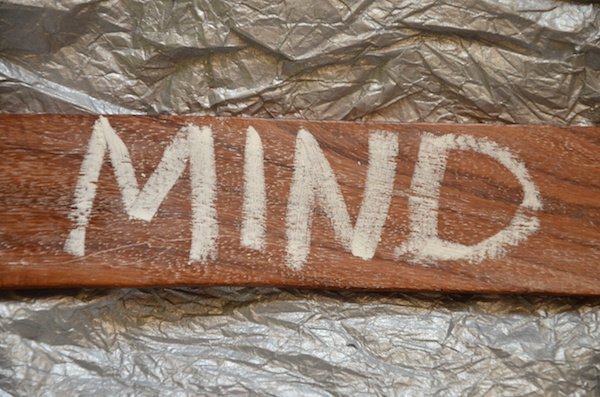MONDAY, Nov. 28, 2016 (HealthDay News) — A pediatrician can play an important part in helping children adjust when their parents split up, a new American Academy of Pediatrics report says.
“The pediatrician can help parents understand their children’s reactions to divorce or separation,” said report co-lead author Dr. Carol Weitzman, chairwoman of the AAP’s Section on Developmental and Behavioral Pediatrics.
“Those reactions will vary, depending on age and stage of development. Parents should be encouraged to answer their children’s questions honestly, and allow them to express their own feelings,” she said in an AAP news release.
Each year, parents of more than 1 million children in the United States break up, and the youngsters may suffer emotional trauma and need extra support, according to the report.
Published online Nov. 28 and in the December issue of the journal Pediatrics, the report is a guide for doctors.
The report pointed out that children of unmarried parents who are splitting up face the same challenges and need the same support as those whose parents are divorcing. A pediatrician can help most by maintaining neutral relationships with both parents and advising them when intervention is needed, the report said.
Many children’s behavior changes in the first year of parent separation, but most problems clear up within two to three years, according to the report. Still, a child’s sense of loss may last for years and may be acute during holidays, birthdays or other special events, the report said.
Factors that affect how kids respond include their temperament, the parents’ ability to focus on the youngsters’ needs and feelings, and child-parent relationships before and after the split.
Kids’ emotions, behaviors and needs are likely to change as they get older, the report noted. Among the potential adjustment challenges they face are changes in custody arrangements, adapting to stepfamilies and parents’ dating and sexual activities.
“Children’s routines — such as school, extracurricular activities and their contact with friends and family — should remain as normal and unchanged as possible,” said Dr. Michael Yogman, chairman of the AAP’s Committee on Psychosocial Aspects of Child and Family Health.
“Children need to understand that they did not cause the divorce, and have their questions answered honestly, at their level of understanding,” he added.
If necessary, pediatricians should refer families to mental health and child-focused professionals with expertise in divorce, the report said.
The report, in the December issue of Pediatrics, was published online Nov. 28.
More information
The American Academy of Child and Adolescent Psychiatry has more on children and divorce.
Copyright © 2026 HealthDay. All rights reserved.

